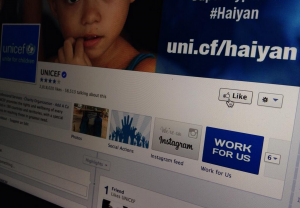As a business, one of their main goals is to cut costs and to maximize profits. But how far is one willing to go to cut costs to the minimum?
Looking into China, one of the world’s fastest growing countries, one might think that they would be innovative and smart in ways they save money. And trust me, they are.
Working in the restaurant business, one is no stranger to reusing cooking oil, as it is a cost efficient way to cut costs, as you can skim and purify cooking oil. However, many restaurants in China have been experimenting with reusing sewer oil. Literally.
Actual cooking oil, scooped up from the sewers, to bring back on your dinner table. This sewer oil has traces of carcinogens, and definitely will make the consumer sick. Bon Appetite!
It is also hard for the government to control this illegal cooking oil business, as it is hard to trace food and what oil has been used.
That being said, are the Chinese just heartless, not caring about what their customers digest? Are they willing to break all ethics, just to save a few bucks?







